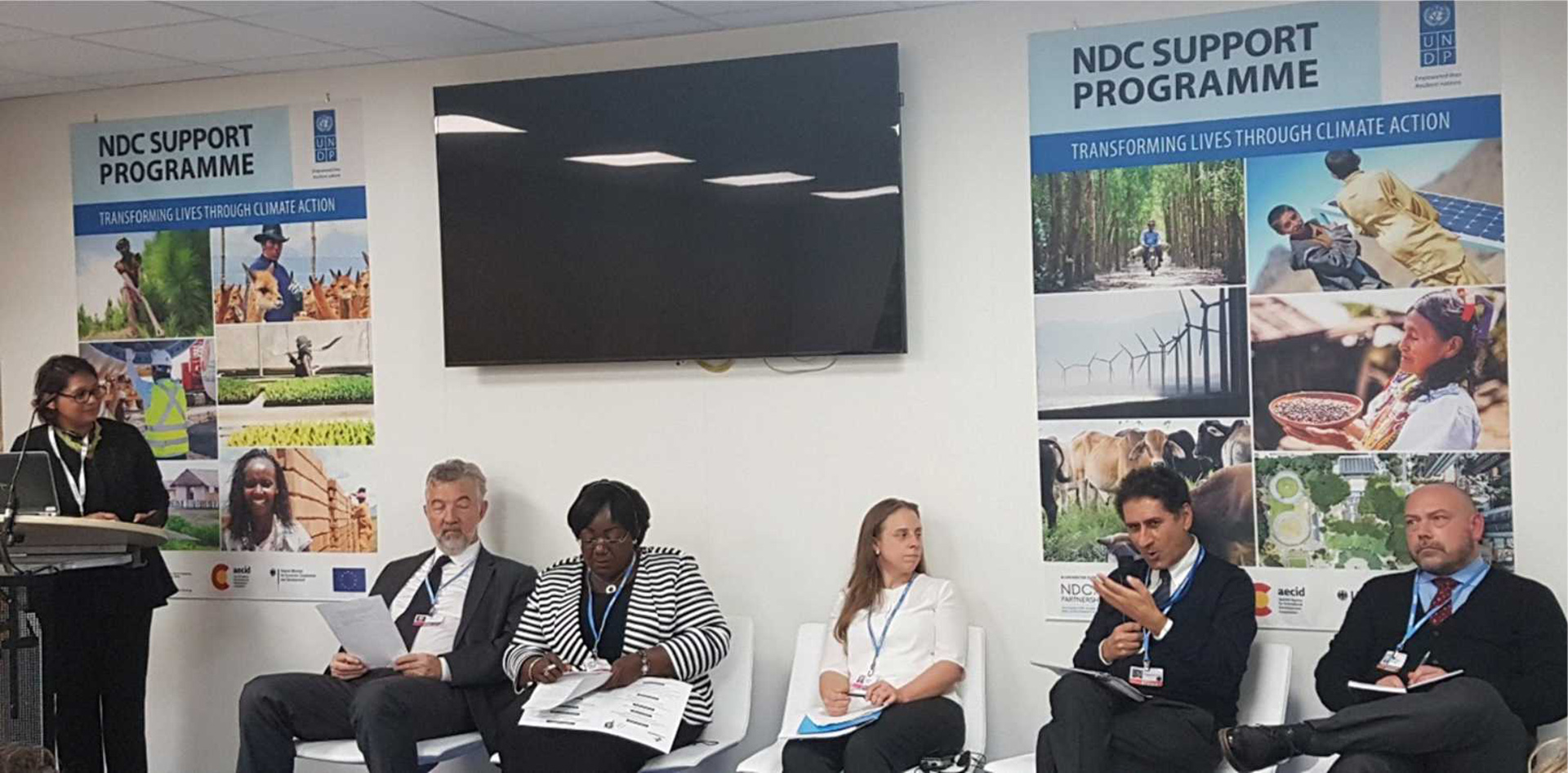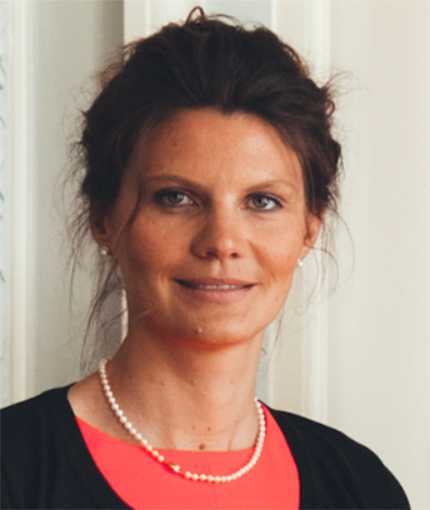Assuming full implementation of the current round of NDCs, land-use and forests are clearly a key component of the Paris Agreement, providing approximately a quarter of total emission reductions planned by countries. In order to achieve those intended emission reductions, agriculture commodity production will need to be a focus, as the main driver of deforestation and forest degradation worldwide. Sustainable forests and land-use management and a green agriculture economy offer tremendous opportunities which we can take advantage of by working closely with stakeholders in key commodity supply chains, from the producers to government and market actors.
Through the UN-REDD Programme, UNDP in partnership with UN Environment and FAO, has supported countries to advance REDD+ strategies and action plans in 32 countries, as well as investment plans that provide a coherent framework within which domestic fiscal policies and finance, private finance, and international finance for REDD+, can be integrated.
A cornerstone of these strategies is addressing expansion of agriculture commodity production as the main driver of deforestation and forest degradation worldwide. Consumed by billions of people every day, palm oil, soy, beef and other global commodities are dominant economic forces in many national and local economies. With economic development, the demand for these is ever-growing, but this cannot be at the cost of further pressure on our planet’s finite resources. Therefore, fixing one part of the supply chain while disregarding the rest does not work. Instead, national governments need to lead in establishing effective policies, laws, incentives and enforcement systems across the whole value chain.
The UNDP REDD+ team, in partnership with the Italian Ministry for the Environment, Land and Sea, is also supporting Ghana, Ecuador and Myanmar to access GCF REDD+ investment and results-based funding and to build strong links with private sector entities to tackle commodity-driven drivers of deforestation and forest degradation.
In order to provide a forum to highlight and discuss this topic, The UNDP REDD+ team, in coordination with the Green Commodities Programme and the Platform for the New York Declaration on Forests, hosted a side-event at COP23, on 15 November 2017. Mr. Achim Steiner, Administrator of UNDP, participated in the event, offering keynote remarks. Panellists represented the Ministries of Environment for Costa Rica and Ecuador, the Ministry of Health, Environment and Development, Cote d’Ivoire, The Ministry for the Environment, Land and Sea, Italy,as well as Venchi chocolate company and Climate Focus. Dr. Naoko Ishii, CEO and Chairperson, offered closing remarks.

The country cases that were presented at this event, are examples of progress in innovative finance by government endorsers. Costa Rica, Côte d’Ivoire and Ecuador shared their country experiences on integrating commodity supply chain initiatives, domestic policies and finance, and international finance for REDD+ into a coherent set of policies. The importance of alignment of these various sources of finance and actors was stressed by several panelists. Costa Rica discussed an innovative monitoring system (MOCUPP) to support deforestation-free pineapple, which allows the tracking and certification of those producers who are not contributing to deforestation.
Donor and private sector perspectives on the importance of sustainable supply chain initiatives were also represented on the panel, through the Italian Ministry for the Environment, Land and Sea and the Venchi chocolate company. Venchi discussed the importance of the producing companies working directly with farmers and the “need to have a common language between the producer of the cocoa and the producers of the chocolate”, in their case.
The event recognised and reaffirmed the central role of partnerships between governments and private sector to achieve a paradigm shift in the forest and land use sector toward deforestation-free commodities and a “new climate economy,” A concept which both the UNDP Administrator as well as Dr. Ishii, CEO of the GEF, emphasized in their respective remarks.
The event placed a spotlight on UNDP’s support for deforestation-free supply chains through its various on-going programmes and partnerships, particularly through UNDP REDD+, including the UN-REDD Programme, as well as the UNDP Green Commodities Programme, the Good Growth Partnership, and the Global Platform for the New York Declaration on Forests (NYDF).
If we can manage to successfully operationalise and scale-up the types of multilateral and multinational integrated supply chain approaches highlighted in this COP side event, there is no limit to the success of this work in terms of impact. Ultimately, this unique approach is a rounded and crosscutting effort that has the potential to tackle some of the greatest challenges of our time while simultaneously achieving the spirit of the Sustainable Development Goals: “leaving no one behind.”




